Fiber

Foods that are high in fiber -- like fruits and veggies, oatmeal, nuts, and legumes -- can help with constipation that becomes more common as you age. They're also able to help lower your cholesterol levels, manage your blood sugar, and keep you at a healthy weight. If you're a man who's 51 or older, aim to eat 30 grams of fiber each day. If you're a woman, try for about 21 grams.
Whole Grains

They're a great source of fiber and rich in B-vitamins, which you'll need more of as you age. B-6 and folate are key to keeping your brain healthy. Even a small shortage can make a subtle difference. Whole grains could also cut your chances of getting heart disease, cancer, and diabetes. Don't stop at whole-wheat bread, though. Quinoa, wheat berries, and whole-wheat couscous are tasty options, too.
Nuts

Yes, they're small, but tree nuts like almonds, walnuts, cashews, pecans, and pistachios have big anti-aging powers. These crunchy snacks contain special nutrients that can help delay or prevent age-related heart disease, stroke, type 2 diabetes, nerve disease, and some types of cancer. Nuts also protect your brain as you age.
Water
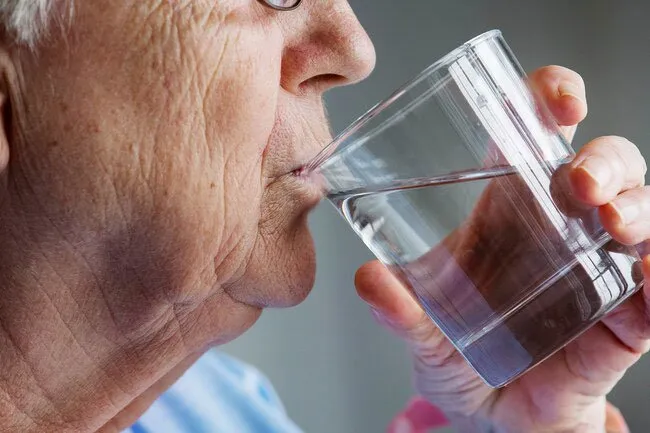
As you go up in years, not only does your body lose water, but your sense of thirst starts to fade. That means it will take you longer to know when you're low on fluids. Water is food for your health in lots of ways. It cushions your joints, helps control your body temperature, and affects your mood and how well you focus. Make eight glasses of water each day your goal.
Fish
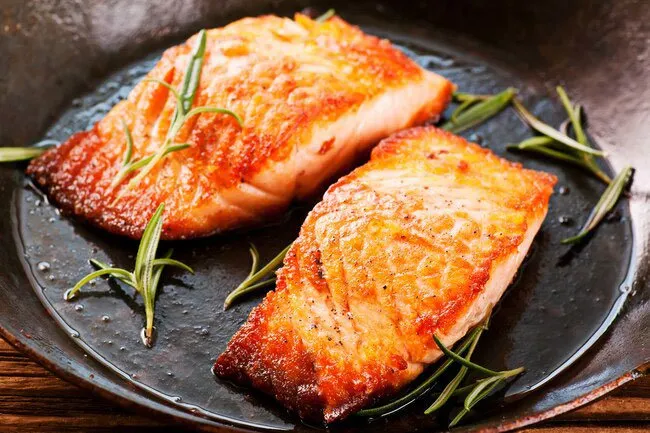
Fatty fish like salmon, albacore tuna, herring, and farmed trout should be on your menu twice a week. The reason? They're high in DHA, an omega-3 fatty acid that's good for your brain. Low levels of DHA have been linked to Alzheimer's disease, but get enough of it, and you may improve your memory and ability to learn new things. If you don't eat or like fish, algae, walnuts, flaxseed, and chia seeds are also good sources of DHA.
Lean Protein

Protein-rich foods fight the natural muscle loss that happens as you get older. As much as you can, enjoy your protein in "real" food like eggs, lean meat, and dairy products instead of protein powders that may not give you as many nutrients.
Dairy Products

The calcium in dairy keeps your bones healthy. As you get older, it can also lower your risk of osteoporosis, colon cancer, and high blood pressure. After age 50, you'll need 1,200 milligrams of calcium each day, which you can get through fat-free and low-fat dairy products. Milk and cheese aren't you're only options. You can still hit your calcium goal through things like yogurt, rice and soy drinks, fortified orange juice, and tofu.
Blueberries

They're a tasty way to protect your brain as you age. Blueberries contain polyphenols -- compounds that lower inflammation throughout your body. They lessen damage to your DNA that can make some diseases more likely. They also improve how well your brain cells "talk" to each other. Fresh blueberries are best, since their polyphenol content goes down when you bake them into muffins, breads, or pies.
Red- and Orange-Colored Produce

Watermelon, strawberries, tomatoes, red and orange bell peppers -- these fruits and veggies are rich in a natural compound called lycopene. Studies show foods that have it could lower your risk of some types of cancer and may protect you against strokes, too.
Cruciferous Vegetables

The more candles on your birthday cake, the weaker your immune system -- your body's defense against germs. Cruciferous vegetables like broccoli, Brussels sprouts, and cauliflower could help shore it up. They have a chemical called sulforaphane that switches on your immune cells so they're better able to attack toxins that damage your cells and cause disease over time. Eat them often, and you may lower your risk of some types of cancer.
Dark Leafy Greens
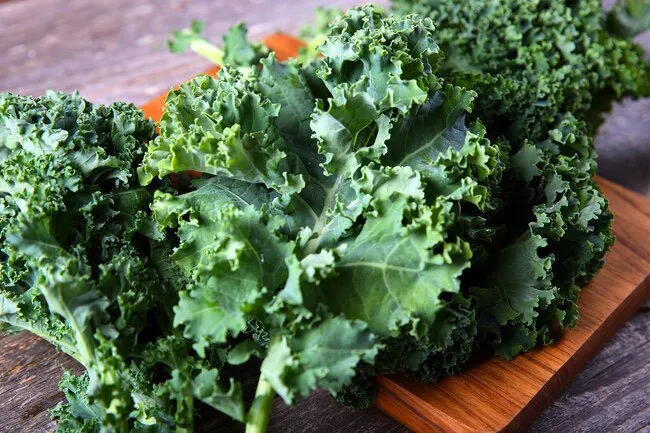
To keep your eyes healthy, eat more veggies like spinach, kale, and collard greens. The antioxidants they contain can lower your chances of getting cataracts and macular degeneration. Eat at least one serving a day, and you'll also help stave off the slow-down in memory, thinking, and judgment that can happen as you get older.
Avocado
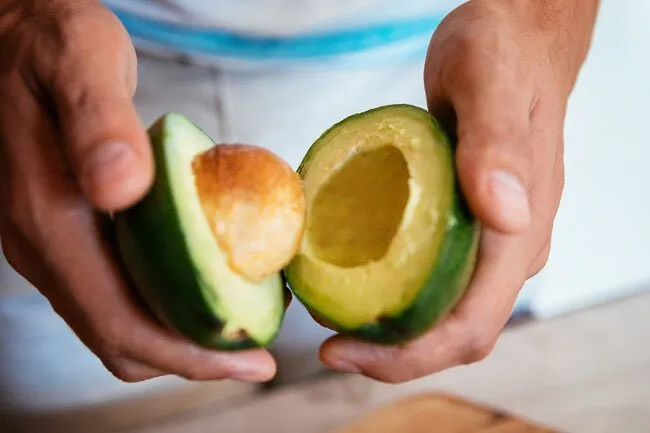
You've got plenty of good reasons to perfect your guacamole recipe. Studies show that the antioxidants in avocado could improve your memory and help you solve problems faster. Avocados may also lower your cholesterol, cut your chance of getting arthritis, help you stick to a healthy weight, and protect your skin from sun damage.
Sweet Potato

Sweet potatoes have plenty of beta carotene, which your body turns into vitamin A. This vitamin is key for healthy eyesight and skin. It also keeps your immune system strong. You'd have to eat 23 cups of cooked broccoli to get as much vitamin A as you'll find in one medium sweet potato. For an extra boost, choose a purple variety. The compounds that give it a bright color may slow down age-related changes in your brain.
Spices
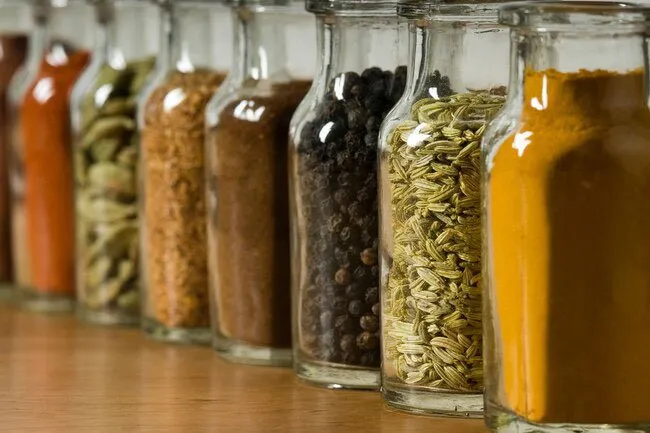
They do more than give your food flavor. Spices have antioxidants that help you stay healthy through the years. For instance, garlic helps keeps your blood vessels open. Cinnamon can help lower your cholesterol and triglycerides (blood fats). Turmeric may protect you from depression and Alzheimer's disease, and may have anti-cancer powers, too. Use either fresh or dried spices, but talk to your doctor before you take any supplements.
Healthy Aging: Best Foods as You Age
This tool does not provide medical advice. See additional information: 
© 1996-2024 WebMD, LLC. All rights reserved.
